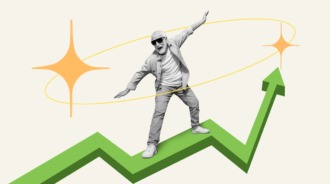

The longest sentence ever printed in a book consists of 832 words, featured in Les Misérables by Victor Hugo. The longest word, the full name of a giant protein, consists of 189,819 letters. If that sounds intimidating, it’s good that the books featured on this list are much easier to read.
There is a bunch of excellent books on every aspect of trading. But you don’t need to only read “trading books” to learn valuable lessons. These are the 10 best picks with in-depth information on the complexities of economics, business finance, personal finance, analytics, and cognitive processes.
Freakonomics: A Rogue Economist Explores the Hidden Side of Everything
by Stephen Dubner and Steven Levitt
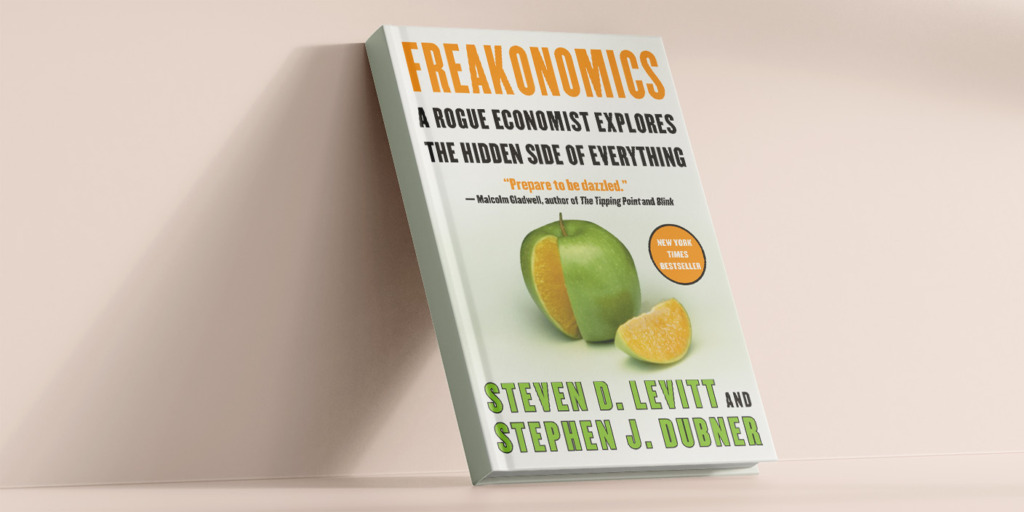
Steven Levitt is not a typical economist. His lessons are not based on terminology, abstract concepts, or complicated events. The book features riddles about everyday life—from parenting and sports to cheating and crime—which help people understand the underlying economics of every situation.
The book is written in collaboration with award-winning author and journalist Stephen Dubner, who helped package each story in a fun-to-read format.
The Undercover Economist
by Tim Harford
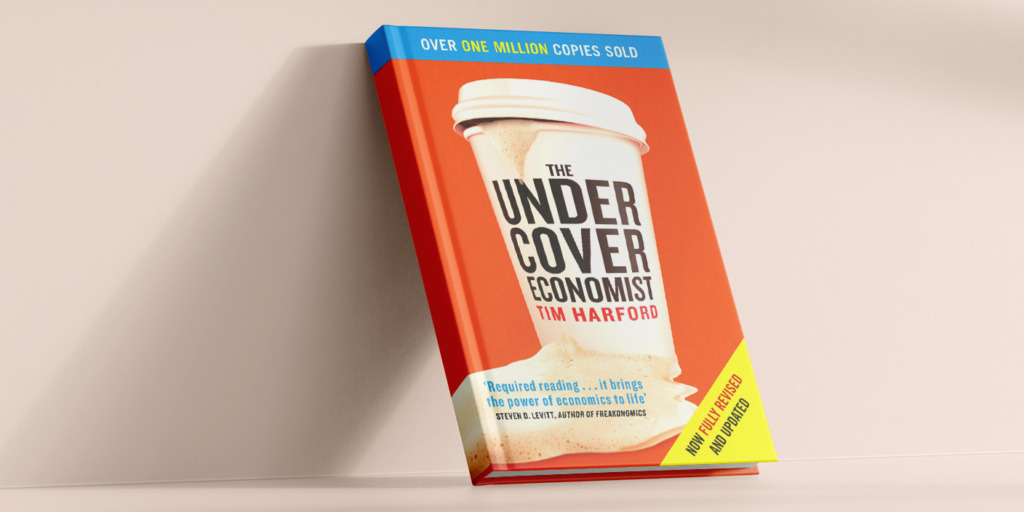
Another economist who didn’t want to bore you with statistics and graphs is Tim Harford. In his book, part user’s manual, part exposé, Harford demystifies the ways that money works. The topics cover everything from the pricing of a cup of coffee to possible improvements in traffic control and healthcare.
Steven Levitt called this book “a rare specimen.”
Manias, Panics, and Crashes
by Charles P. Kindleberger
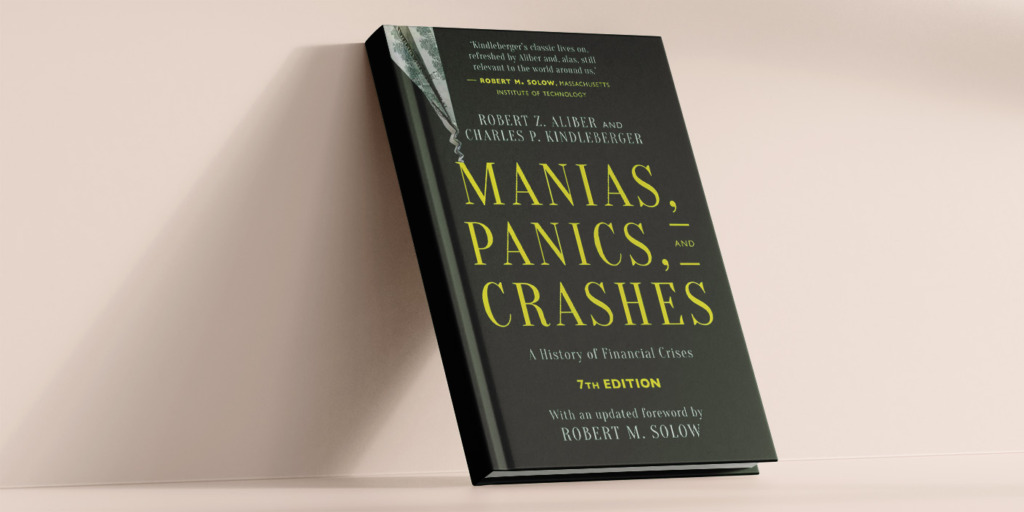
Chances are you want to know what caused financial explosions over the centuries, what exactly happened, and what became of it. The book explains crises in an engaging and entertaining way. You’ll learn about events like the 1970s surge in the price of gold, the 1990s bubble in NASDAQ stocks, the mutual fund scandals of 2003, and more.

The Model Thinker: What You Need to Know to Make Data Work for You
by Scott Page
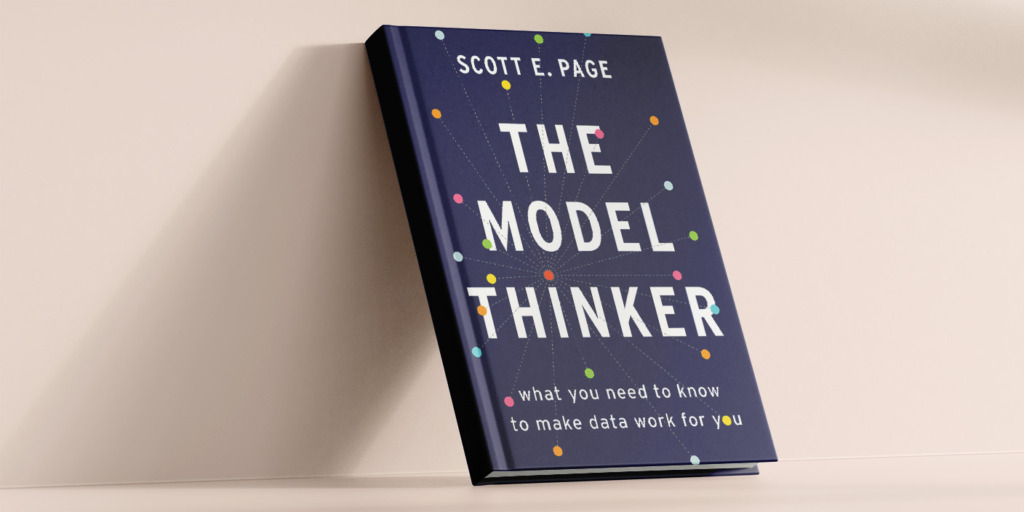
Many of you have looked at a spreadsheet with hundreds of lines and wondered how to make the numbers talk. It’s one thing to collect the data, and it’s another thing to make it useful. Scott Page will teach you mathematical, statistical, and computational models to make data your friend and make you better, clearer thinkers.
Predictably Irrational: The Hidden Forces That Shape Our Decisions
by Dan Ariely
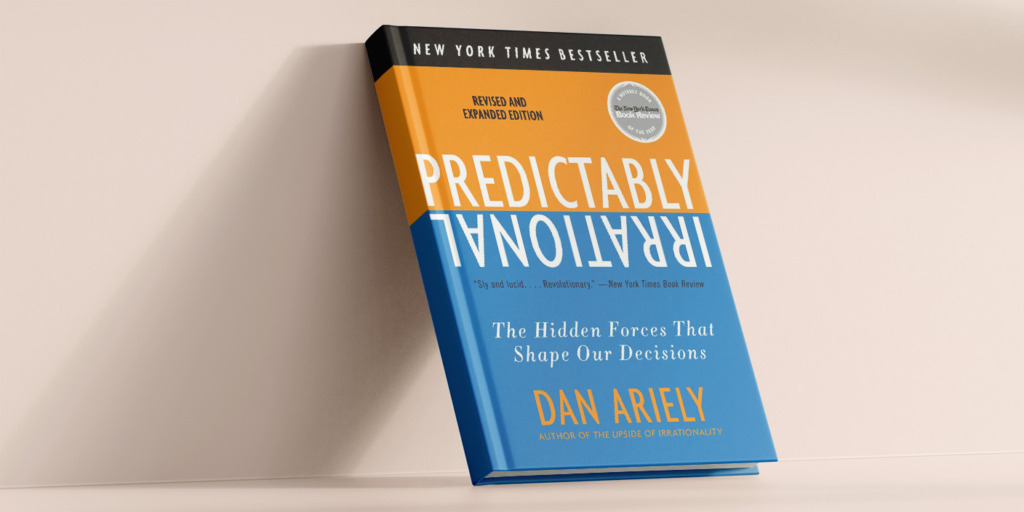
“Why do people go back for second servings when their stomachs are already full?”
MIT behavioral economist Dan Ariely doesn’t believe that humans behave in a fundamentally rational way. In his series of peculiar experiments, the author studies how expectations, emotions, social norms, and other illogical forces guide people’s lives. It turns out that people are irrational but predictable.
Biased: Uncovering the Hidden Prejudice That Shapes What We See, Think, and Do
by Jennifer Eberhardt
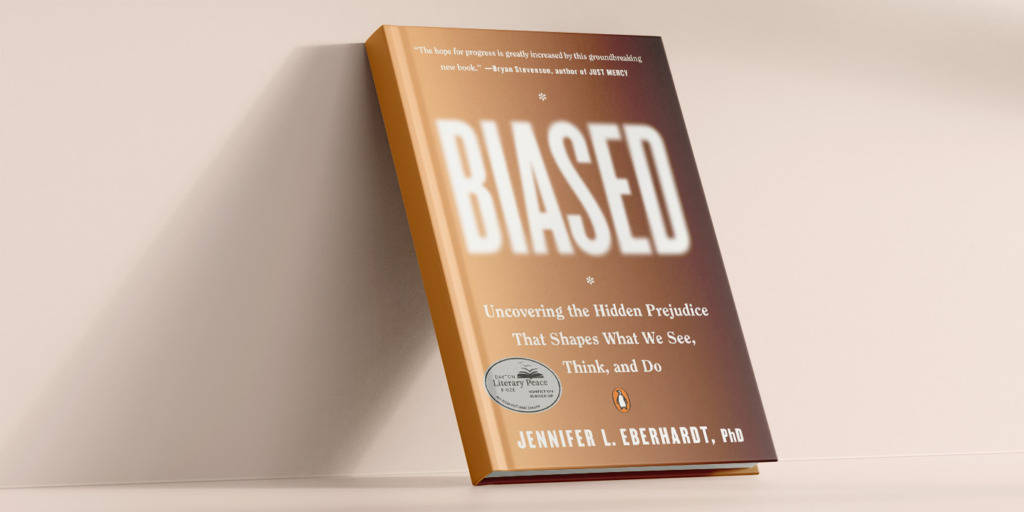
Writers like Jennifer Eberhardt aren’t afraid to look deep into the human psyche and learn where disparities and inequities come from. She looks at the role of neighborhoods, schools, workplaces, and other institutions in forming unconscious biases and gives the tools to combat them. Some of the topics intersect with trading biases, too.
Thinking, Fast and Slow
by Daniel Kahneman
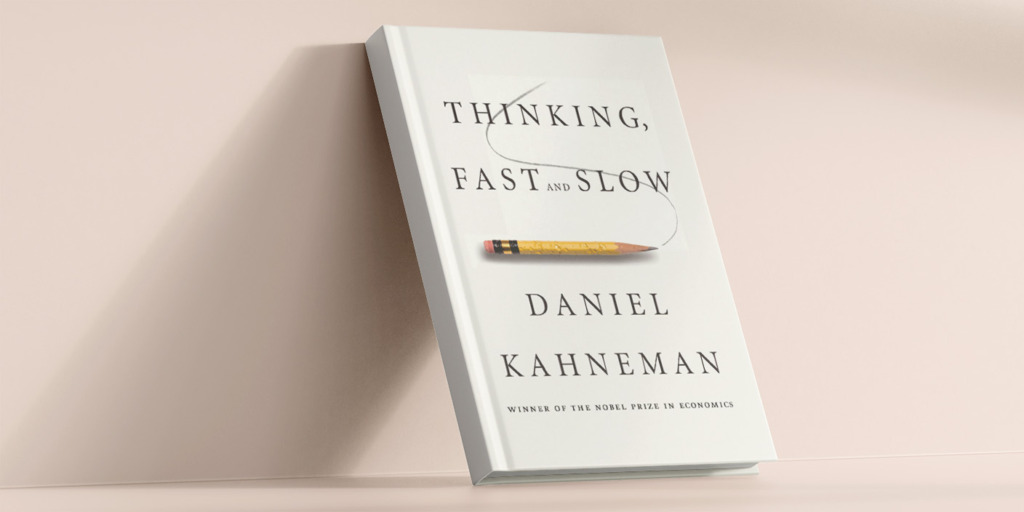
According to Daniel Kahneman, psychologist and winner of the Nobel Prize in Economics, there are two systems shaping people’s choices in business and personal lives. The first is slow, deliberate, and logical; the second is fast, intuitive, and emotional. The author believes each of the systems is suitable for different situations and teaches how to efficiently switch between the two.
The One-Page Financial Plan
by Carl Richards
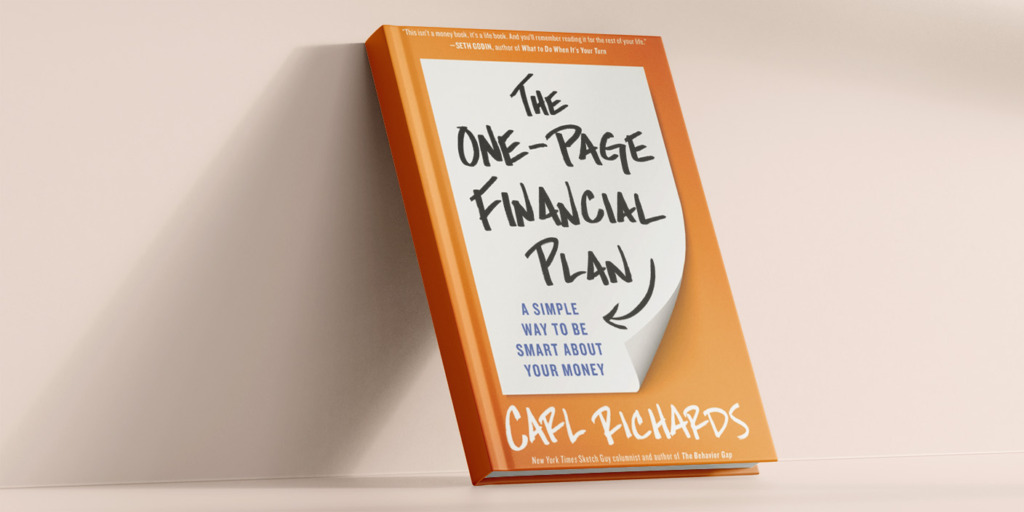
Over the years of being a financial advisor, Carl Richards has learned that people aren’t particularly responsive to complicated plans. What they want is a simple strategy. The author has heard too many people saying, “just tell me what to do,” so he decided to take the complexity out of financial planning.
What to Do With Your Money When Crisis Hits: A Survival Guide
by Michelle Singletary
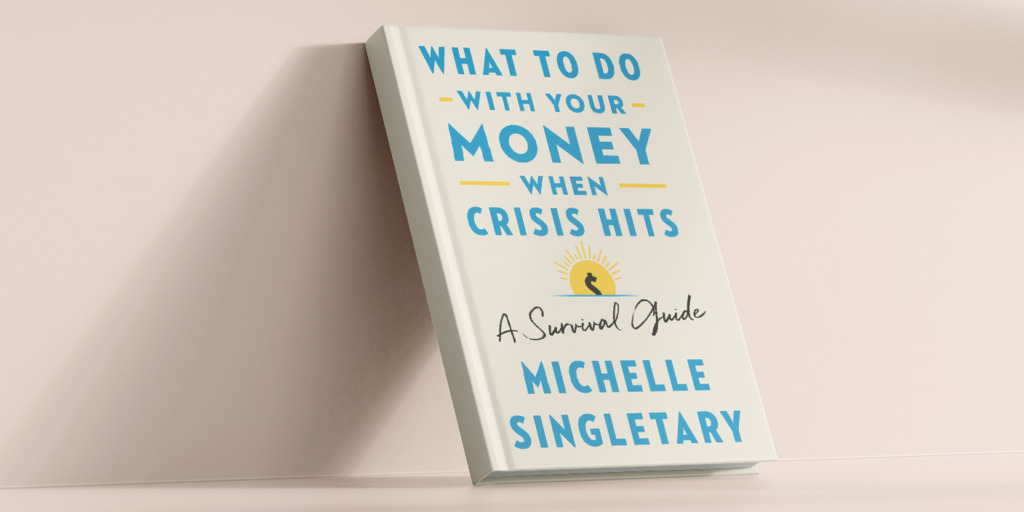
An economic downturn doesn’t have to turn into a full-blown financial catastrophe. And this hands-on guide gives you the tools to survive when money suddenly becomes scarce. Michelle Singletary tries to address everything: how to prepare, what to do when the crisis hits, and how to recover from the damage dealt.
Outliers: The Story of Success
by Malcolm Gladwell
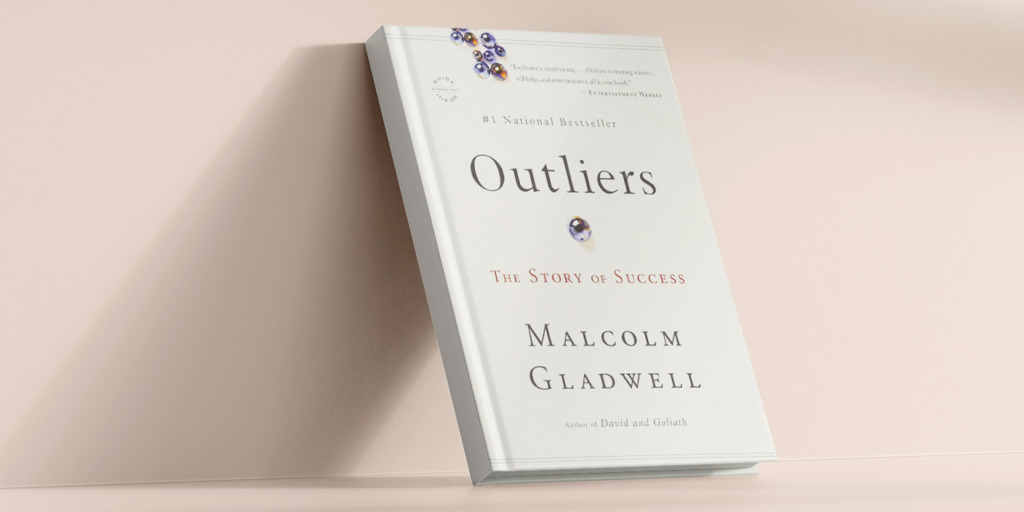
Some of the brightest and most successful people did not fit in. But what exactly was so different between them? Malcolm Gladwell goes on a journey to figure out why the Beatles were so popular, what makes a great soccer player, how software billionaires built their careers, and more.

